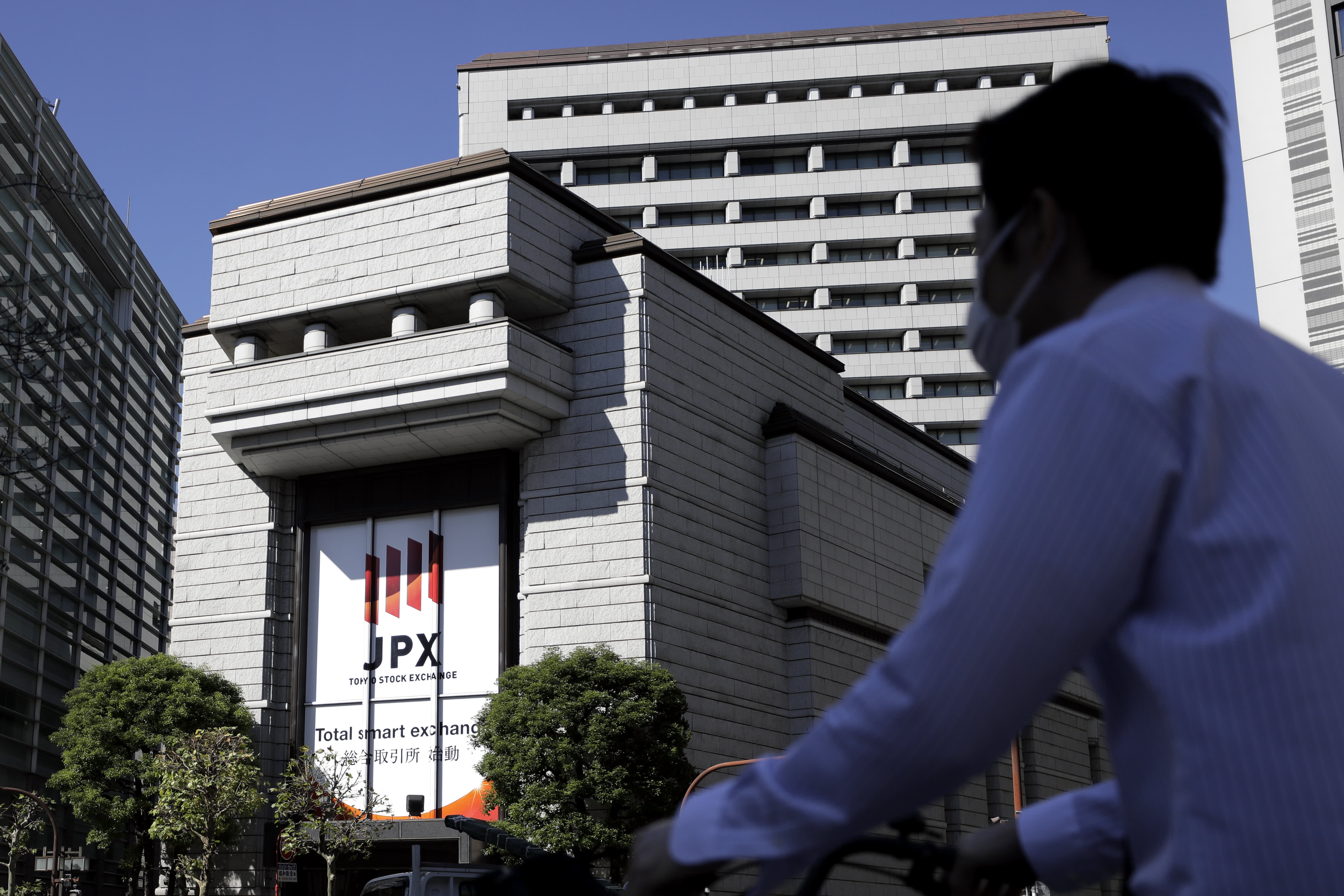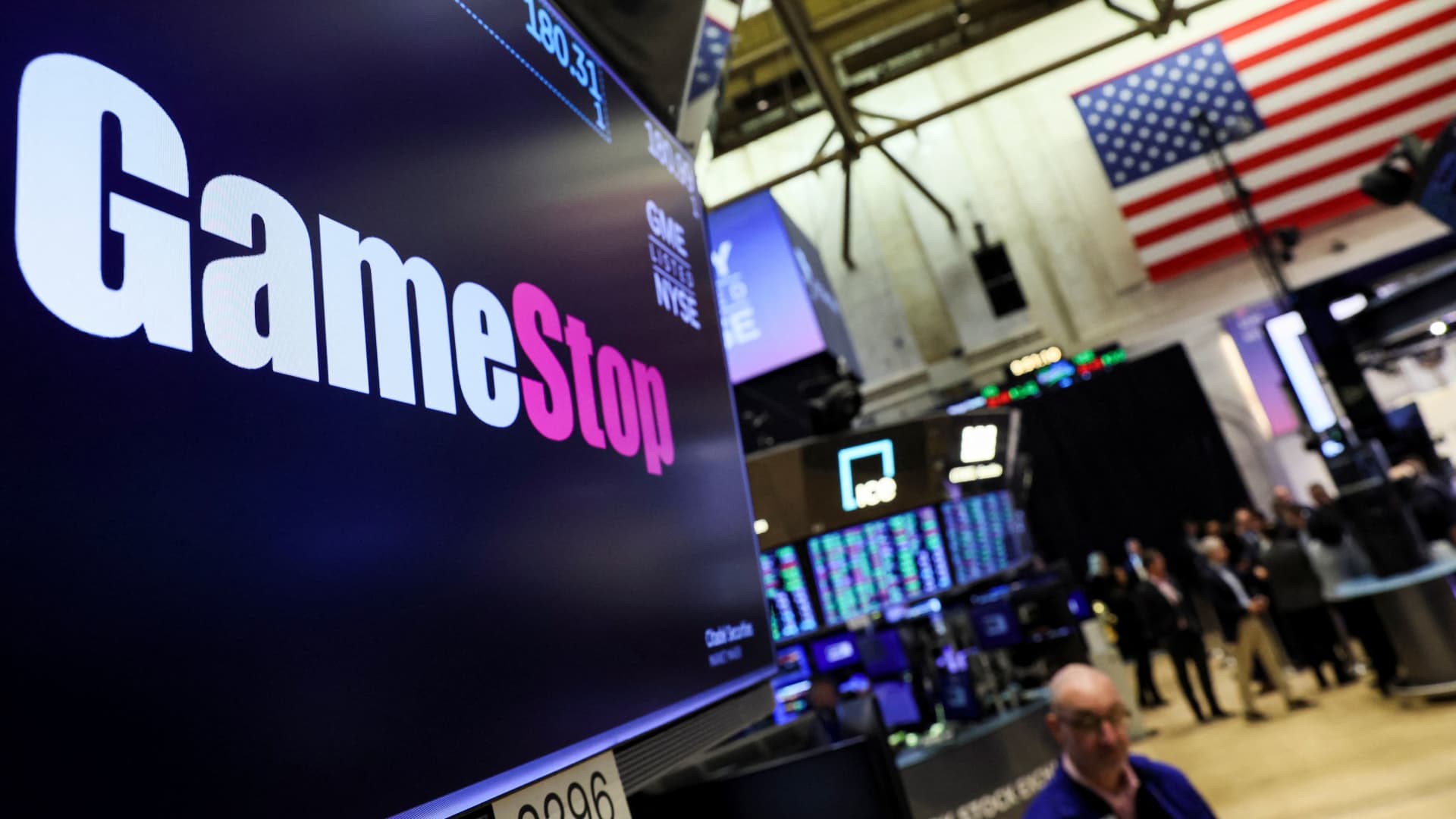British competition regulator objects to Google's ad tech practices
Britain's competition watchdog provisionally found that Google's ad tech practices are impacting competition in the U.K.

The entrance to Google's U.K. offices in London.
Olly Curtis | Future Publishing | via Getty Images
LONDON — Britain's competition watchdog on Friday issued a statement of objections over Google's ad tech practices, which the regulator provisionally found are impacting competition in the U.K.
In a statement, the Competition and Markets Authority alleged that the U.S. internet search titan "has harmed competition by using its dominance in online display advertising to favour its own ad tech services."
The "vast majority" of the U.K.'s thousands of publishers and advertisers use Google's technology in order to bid for and sell space to display ads in a market where players were spending £1.8 billion annually as of a 2019 study, according to the CMA.
The regulator added that it is also "concerned that Google is actively using its dominance in this sector to preference its own services." So-called "self-preferencing" of services by technology giants is a key concern for regulators scrutinizing these companies.
The CMA further noted that Google disadvantages ad technology competitors, preventing them from competing on a "level playing field."
"Many businesses are able to keep their digital content free or cheaper by using online advertising to generate revenue. Adverts on these websites and apps reach millions of people across the UK — assisting the buying and selling of goods and services," Juliette Enser, interim executive director of enforcement at the CMA, said in a statement Friday.
"That's why it's so important that publishers and advertisers — who enable this free content — can benefit from effective competition and get a fair deal when buying or selling digital advertising space," Enser added.
Dan Taylor, Google's vice president of Google Ads, said that the company disagreed with the CMA's view and "will respond accordingly."
"Our advertising technology tools help websites and apps fund their content, and enable businesses of all sizes to effectively reach new customers," Taylor said in an emailed statement.
"Google remains committed to creating value for our publisher and advertiser partners in this highly competitive sector. The core of this case rests on flawed interpretations of the ad tech sector."
It's not the first time the U.S. tech giant has been said to be abusing its dominant position in ad tech to harm competition. Within the European Union, regulators last year charged Google with breaching antitrust rules in ad tech and said they may seek a break-up of parts of the tech giant's business to allay their concerns.
Stateside, a federal judge in August sided with the Justice Department over allegations that Google has held a monopoly on search and text advertising for years.
That ruling — the first anti-monopoly decision against a tech company in decades — has been compared with an antitrust pronouncement against Microsoft, determining that the firm had illegally used the market power of its Windows operating system to quash competition form rival browsers, namely Netscape Navigator.
In the CMA's decision Friday, the watchdog said that, since 2015, Google has abused its dominant position as the operator of both ad buying tools "Google Ads" and "DV360," and of a publisher ad server known as "DoubleClick For Publishers," in order to strengthen the market position of its advertising exchange, AdX.
Ad exchanges are technology platforms that facilitate the buying and selling of media advertising inventory. They work by fielding requests for bids from publishers offering space to sell ads, then matching them with responding bids from advertisers through an auction process.
AdX, on which Google charges its highest fees to advertisers, is the "centre of the ad tech stack" for the company, the CMA said, with Google taking roughly 20% of the amount for each bid that's processed on its platform.

 Fransebas
Fransebas 
























![X Shares Key Data on Holiday Season Planning [Infographic]](https://imgproxy.divecdn.com/Kc6zrj99YXrKnxNO-WxZsG1vR_j7DF9xMfUjKBrwM0I/g:ce/rs:fit:770:435/Z3M6Ly9kaXZlc2l0ZS1zdG9yYWdlL2RpdmVpbWFnZS94X2hvbGlkYXlfc2Vhc29uX2luZm9ncmFwaGljMi5wbmc=.webp)






